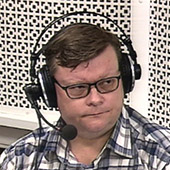Cars in Russia will rise in price because of the loss compensation components
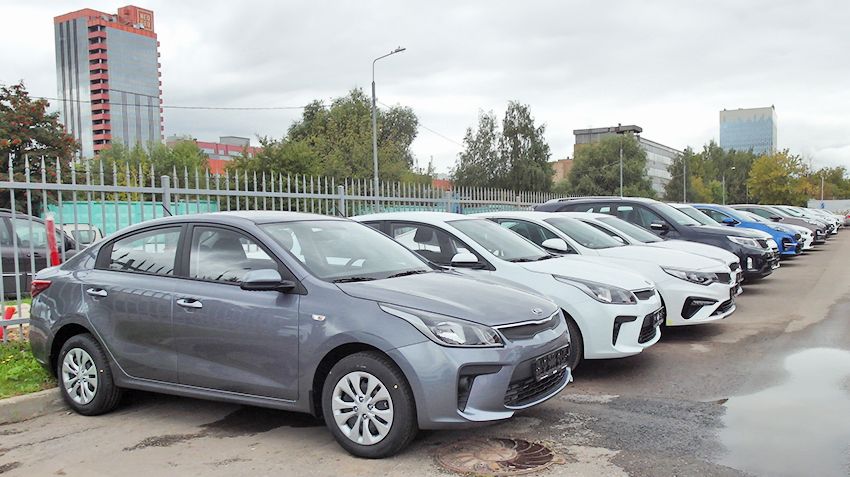
21 August 2019
Compensation for imported automotive components for Russian automakers will not
According to "Kommersant" end of payments budgetary compensation growth in customs duties on components due to the expiration of the terms of agreements on industrial Assembly makes major automakers to raise prices on cars.
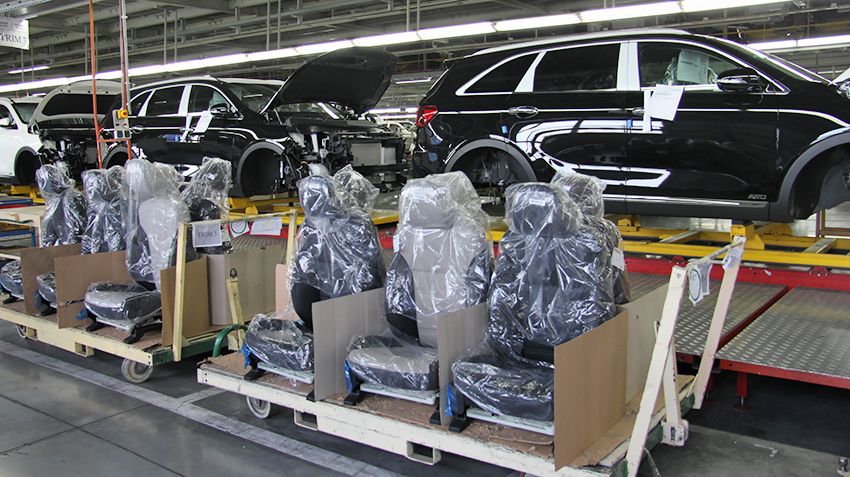
For example, AVTOVAZ since August 1 raised the price of the model range of LADA cars in average by 0.9% and more on the way Hyundai and Nissan. Yeshe more than the total increase in car prices expected in the new year, when benefits will cease to receive and component manufacturers. Hence, the production of components and spare parts in Russia may collapse, as without benefits it's easy to import ready-made components to become more profitable their production in Russia. Hence, either fall or localization for Russian WIN-codes will have to pay buyers.
AVTOVAZ explained the August increase in prices for LADA cars by the fact that the concern is due to the expiration of the agreement on industrial Assembly could not claim the payment of import duties on components. This is AVTOVAZ in the least degree among all Russian manufacturers depend on imported accessories, so the increase is still more to do with inflation and has occurred against the background of similar price increases at partner Renault, which is also from August 1 raised prices by an average of 1.5% on some models. Another source of "Kommersant" reported that since may, after agreement of AVTOVAZ into account the incomplete compensation grants (up to 85%) for previous periods the company has gained a tangible loss as a result of their large production volumes. Another version says that AVTOVAZ is taking: "an attempt to blame the government and to press for compensation for SPIK".
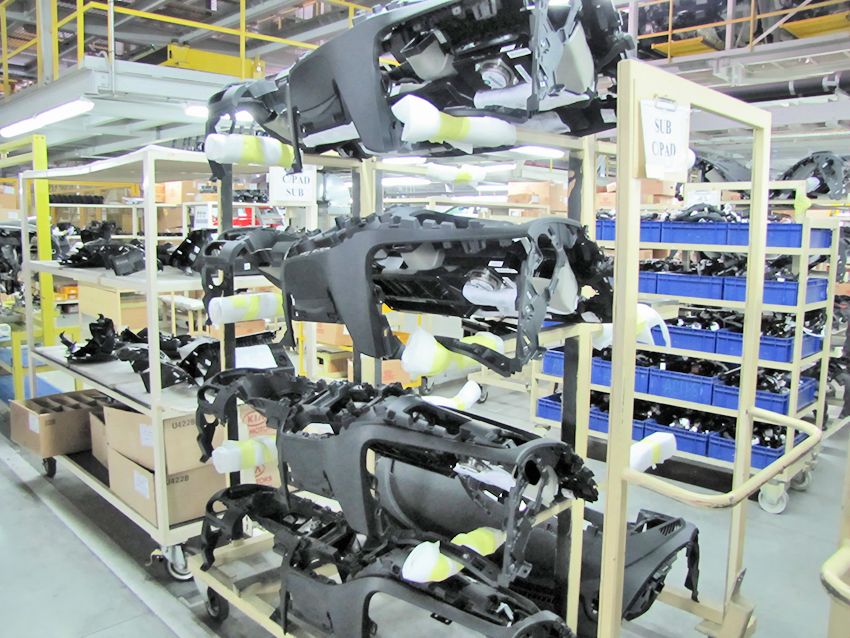
Exemptions on import duties on components provided for the existing regime of industrial Assembly, however, under the agreement of Russia with the WTO, tariff rates were raised. Since the end of October 2018 to preserve working conditions of the auto companies was launched the mechanism of subsidies, but the budget for compensation allocated only on existing agreements on industrial Assembly. Now such agreements began to run out, for example, the Alliance Renault-Nissan-AVTOVAZ Alliance, the OAS and the KAMAZ-Daimler, and in 2018 from Hyundai, but there are PSA, Toyota and Volkswagen. According to them corporations might grace and is ready to import components. The Ministry indicates that this year to expect to receive subsidies can more than 60 companies-producers of components.
The representative of Hyundai said that while the carmaker even made a final decision to raise prices, but constantly monitors market: "final decisions will influence the overall combination of factors, including that one."
With the signing of the Speke Hyundai is counting on the continued receipt of the payment of customs duties: "All our investment plans have been associated with it." While the Korean manufacturer emphasizes that the conditions for all market participants is different, so some brands receive a refund of fees, but some of it isn't modalist. This view is echoed in the Nissan. In June, a number of automakers lobbied to extend the compensation to Speke before the end of the Assembly all players, i.e. 2020.
But the agreement and benefits as the original had a different and known for the expiry dates, says Kommersant's source. Another agrees: the government has declared intentions on the payment of fees after their expiration.
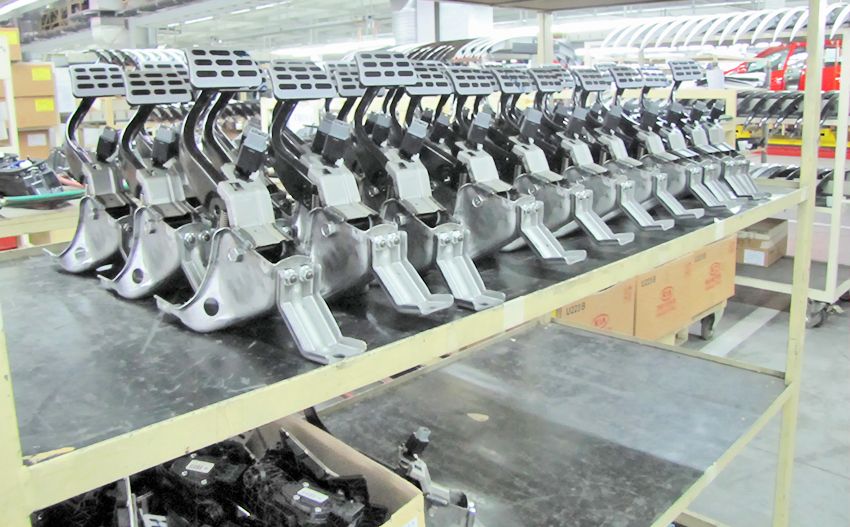
A more significant effect on the cost of the car will have an expiry of agreements on industrial Assembly of component manufacturers in 2020.
The head of Committee of automotive components manufacturers of AEB Andrey Kossov reports that the savings from the agreements on the terms of production for component manufacturers is estimated at 1-10% of the customs value, and in the absence of subsidies on the import of component parts can be considerably cheaper than their localization in Russia. Hence the difference can affect the cost. Accordingly, the component manufacturers will suffer significant losses, which, undoubtedly, will be redirected concerns. Moreover, the process has almost gone: some producers of automotive components have not fulfilled the obligations on the terms of production, however, the scale effect from this yet.
A number of sources, "b" the manufacturers believe that after 2020 burn to begin the return to the import of components, especially if they are more favorable in price and best in quality. One of them reports that the new point must system localization still does not take into account the number of already localized operations so that a waiver is possible. And still Andrey Kossov believes that the use of imported components is more profitable does not always work: this requires spare capacity from foreign suppliers, besides the validation tests and so on..
|
|
|
Element was not found.


